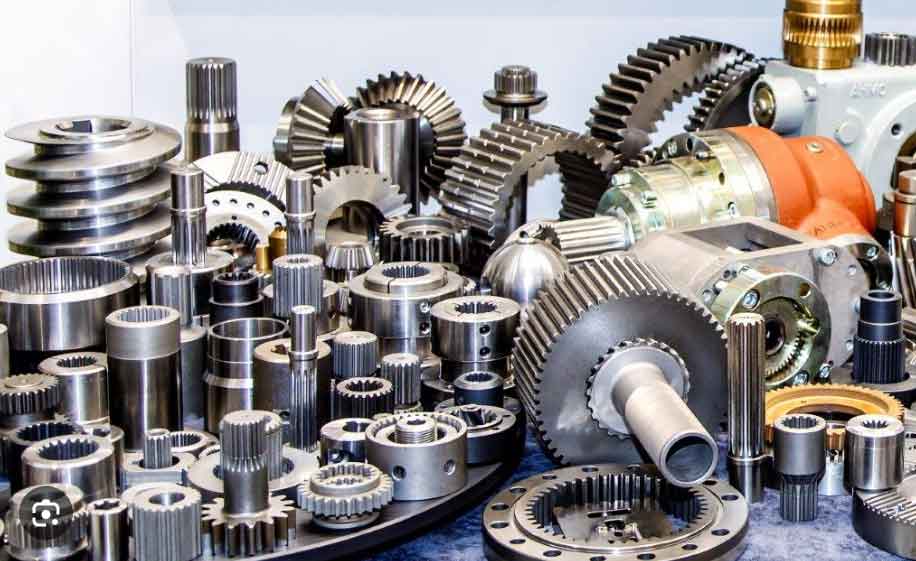Forged gear blanks play a crucial role in heavy-duty applications, powering industries worldwide. Gear blanks are the raw materials used to manufacture gears, and forging is a common method employed to produce high-quality, durable gear blanks suitable for demanding applications.

Forging involves shaping metal by applying compressive forces to it, typically using a hammer or a press. This process improves the mechanical properties of the metal, such as strength, toughness, and resistance to fatigue, making it ideal for heavy-duty applications. Forged gear blanks offer several advantages over other manufacturing methods, including:
- Strength and durability: Forged gear blanks exhibit superior strength and toughness compared to cast or machined blanks. The controlled grain flow resulting from the forging process enhances the structural integrity, enabling gears to withstand heavy loads, shocks, and extreme operating conditions.
- Consistency: Forging ensures consistent and uniform material properties throughout the gear blank. This reliability is essential for heavy-duty applications where consistent performance and reliability are critical.
- Cost-effectiveness: While forging can involve higher upfront costs, the long-term cost-effectiveness of forged gear blanks becomes apparent in demanding applications. The superior strength and durability of forged blanks reduce the risk of gear failure, resulting in lower maintenance, downtime, and replacement costs.
- Customization: Forging allows flexibility in producing gear blanks with various sizes, shapes, and configurations, tailored to specific industry requirements. This versatility ensures that forged gear blanks can be optimized for different heavy-duty applications, ranging from automotive and construction to mining and aerospace.
- Material options: Forging is compatible with a wide range of metals, including carbon steels, alloy steels, stainless steels, and non-ferrous materials like titanium and aluminum. This variety of materials enables manufacturers to select the most suitable alloy for the specific application, considering factors such as load capacity, wear resistance, and corrosion resistance.
The applications of forged gear blanks are extensive across industries such as automotive, construction and mining equipment, oil and gas, power generation, aerospace, and more. They are used in various components, including gears, shafts, pinions, sprockets, and couplings, where reliability, strength, and durability are paramount.
Forged gear blanks are indispensable in heavy-duty applications worldwide. Their superior mechanical properties, consistency, cost-effectiveness, customization options, and compatibility with various materials make them the preferred choice for industries seeking reliable and robust gear solutions.
